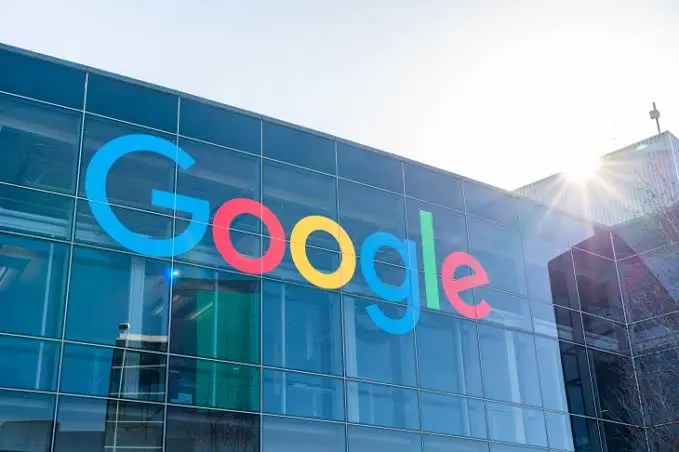

European Users Gain More Control Over Data Sharing Across Google Services. Google is empowering European users with more control over their data-sharing preferences across popular Google services. This update comes as the European Union’s Digital Markets Act (DMA) goes into effect on March 6th, regulating big tech companies like Google.
What Google Services Can European Users Unlink?
Under the new policy, European Google users can selectively stop sharing their data across the following services:
- YouTube
- Google Search
- Google’s ad services
- Google PlayStore
- Chrome browser
- Google Shopping
- Google Maps
This allows users to pick and choose which Google offerings access their data individually. For example, you may want your YouTube watch history to inform recommendations but don’t want your Map searches tied to your identity. Now, that level of granular control is possible.
However, Google does clarify that some data sharing will persist as needed to complete transactions, meet legal obligations, prevent fraud/abuse, and ensure security measures continue functioning.
Weighing the Pros and Cons of Data Sharing
While unlinking services may improve privacy, Google notes it can also degrade features and customization. As an illustration, disconnecting Search from Maps means your Search reservations won’t automatically populate in Maps.
Additionally, Google explains that linking services creates a more tailored, relevant experience. For instance, linking Search and YouTube produces video recommendations better aligned with the user’s interests.
Ultimately each European Google user must decide their ideal balance between privacy and personalization when managing data sharing linkages. Some may accept the functionality trade-offs to minimize data connections, while others see benefit in Google leveraging their information to enhance its products.


Wider Implications of the Digital Markets Act
Beyond data sharing preferences, the DMA also intends to promote fair competition by preventing Google from self-preferencing its services in Search results. This creates a more even playing field where competitors aren’t disadvantaged.
While Google has signaled cooperation with the DMA, other major players like Apple, Meta, and TikTok are legally challenging their designation under its regulations. Only time will tell if the DMA survives ongoing scrutiny and pushes back from big tech.
One thing is clear – the DMA signifies European regulators’ attempts to limit data concentration among a few key players like Google while handing power back to consumers. By untangling bundled data sharing across products, Google is getting an early start on compliance while potentially differentiating itself from competitors by choosing legal battles instead.






